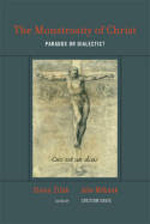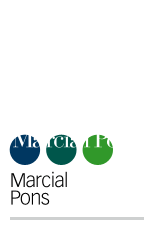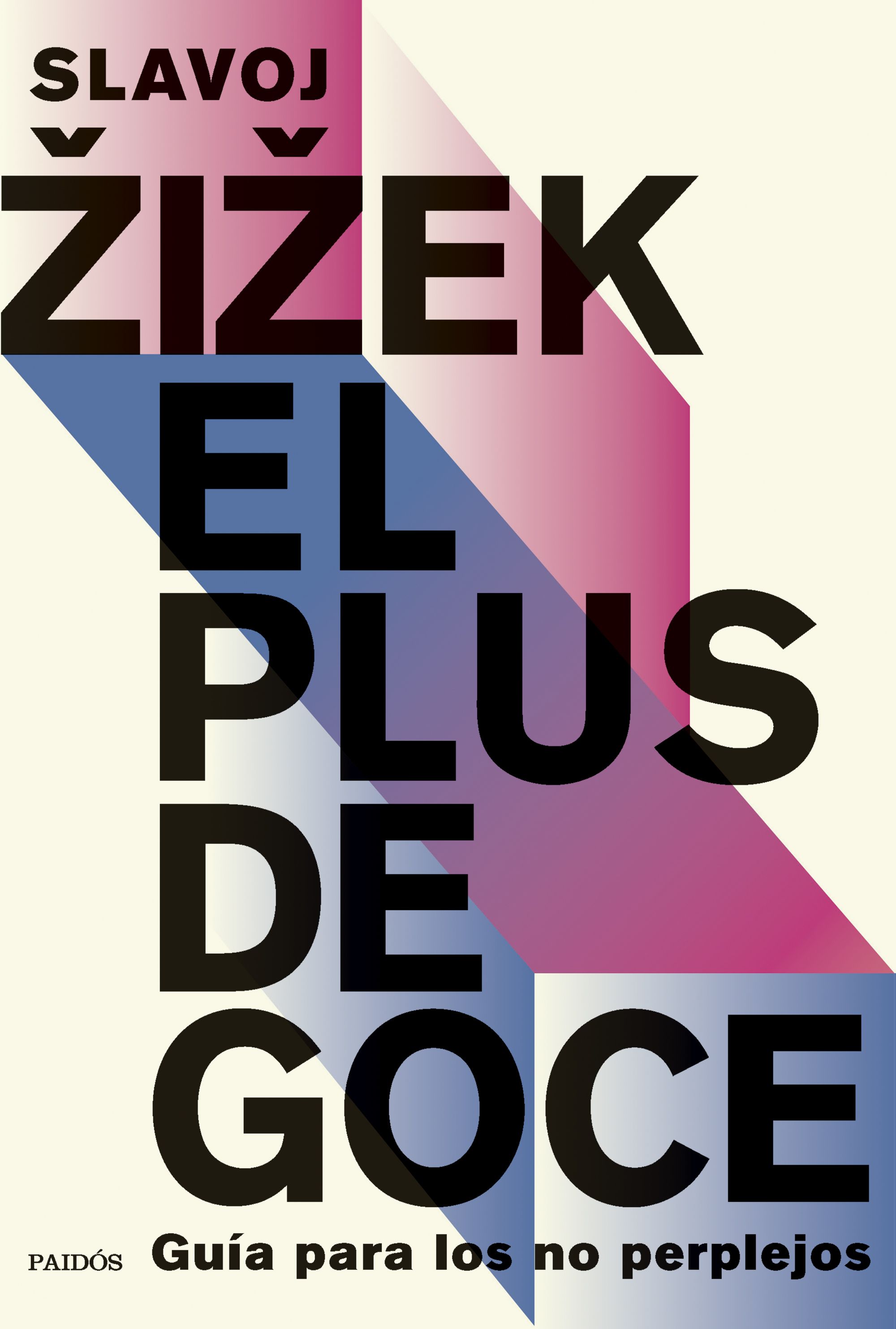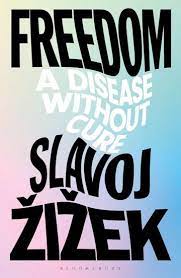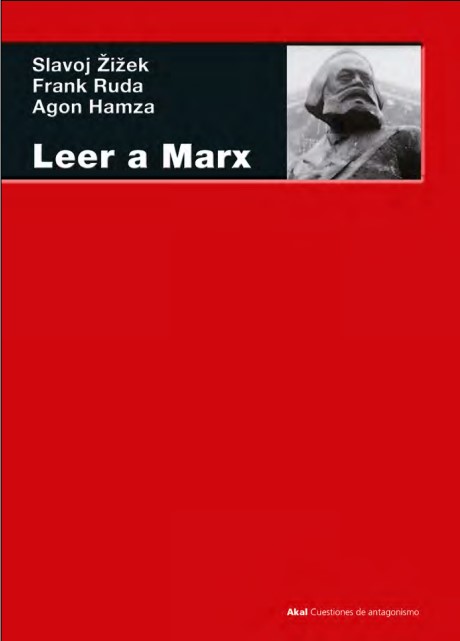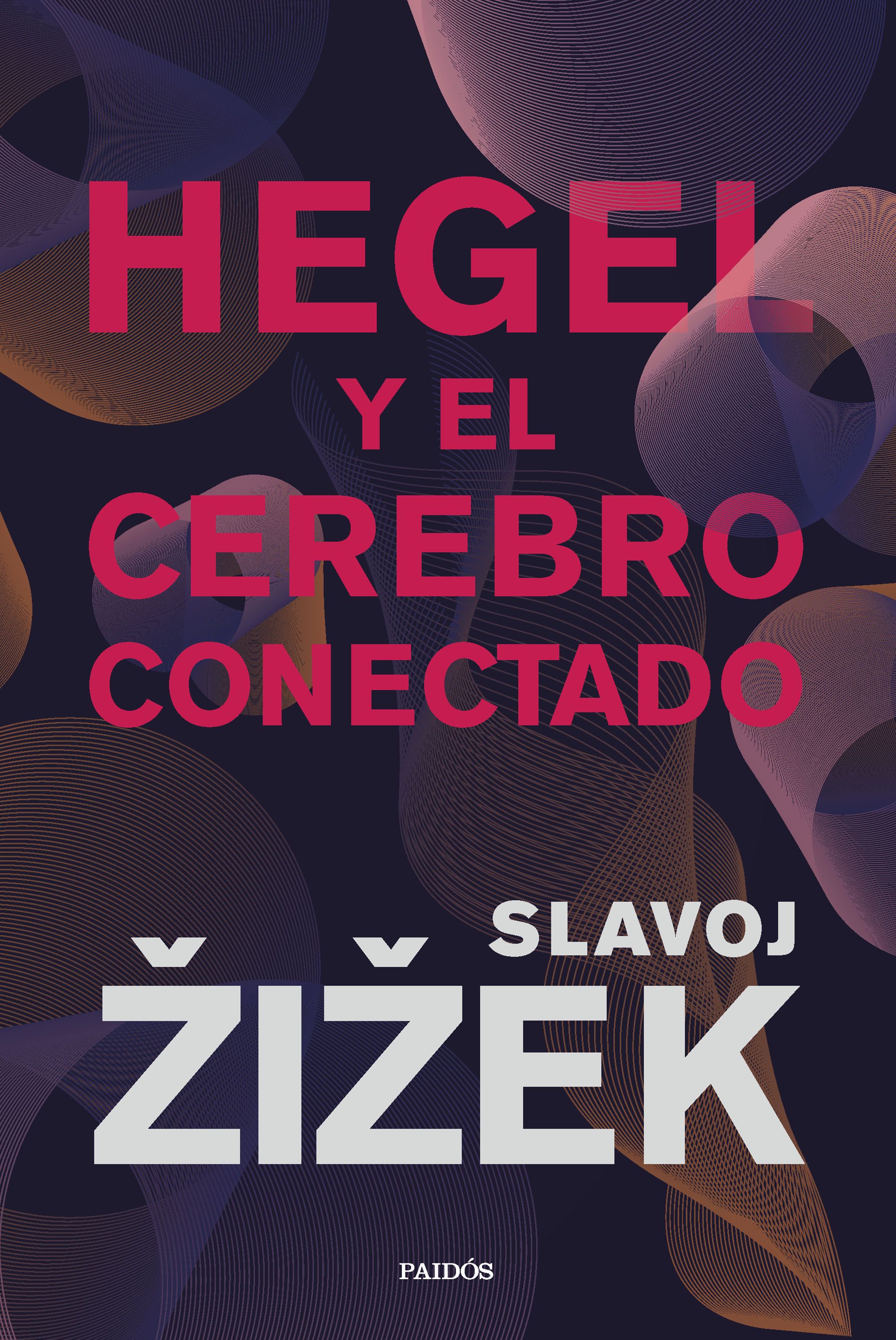The monstrosity of Christ
paradox or dialectic?
- ISBN: 9780262516204
- Editorial: The MIT Press
- Fecha de la edición: 2011
- Lugar de la edición: Cambridge (MSS). Estados Unidos de Norteamérica
- Encuadernación: Rústica
- Medidas: 23 cm
- Nº Pág.: 320
- Idiomas: Inglés

Ed. Creston Davis. What matters is not so much that eiuek is endorsing a demythologized, disenchanted Christianity without transcendence, as that he is offering in the end (despite what he sometimes claims) a heterodox version of Christian belief. --John Milbank To put it even more bluntly, my claim is that it is Milbank who is effectively guilty of heterodoxy, ultimately of a regression to paganism: in my atheism, I am more Christian than Milbank. --Slavoj eiuek In this corner, philosopher Slavoj eiuek, who represents the critical-materialist stance against religion's illusions; in the other corner, "radical orthodox" theologian John Milbank, an influential and provocative thinker who argues that theology is the only foundation upon which knowledge, politics, and ethics can stand. In The Monstrosity of Christ, eiuek and Milbank go head to head for three rounds, employing an impressive arsenal of moves to advance their positions and press their respective advantages. By the closing bell, they have proven themselves worthy adversaries--and have also shown that faith and reason are not simply and intractably opposed. eiuek has long been interested in the emancipatory potential offered by Christian theology. And Milbank, seeing global capitalism as the new century's greatest ethical challenge, has pushed his own ontology in more political and materialist directions. Their debate in The Monstrosity of Christ concerns nothing less than the future of religion, secularity, and political hope in light of a monsterful event--God becoming human. For the first time since eiuek's turn toward theology, we have a true debate between an atheist and a theologian about the very meaning of theology, Christ, the Church, the Holy Ghost, universality, and the foundations of logic. The result goes far beyond the popularized atheist/theist point/counterpoint of recent books by Christopher Hitchens, Richard Dawkins, and others. eiuek begins, and Milbank answers, countering dialectics with
Ed. Creston Davis

